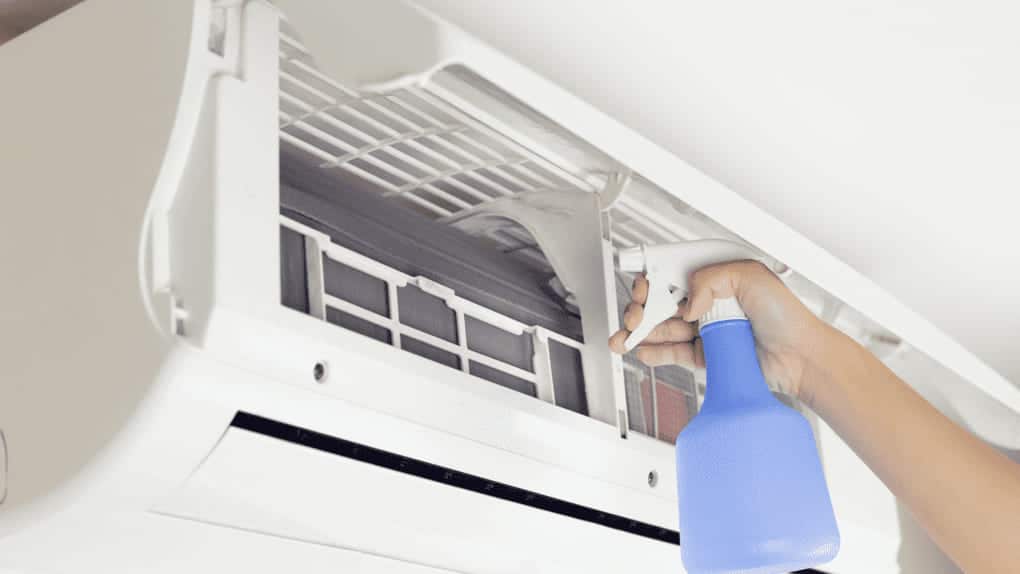Choosing the appropriate HVAC contractor is a crucial step in guaranteeing your home's heating and cooling systems work efficiently and effectively. Whether you are setting up a brand new system, swapping out an outdated one, or merely maintaining your current setup, the contractor you decide on can determine all the difference. With so many alternatives available, it can be overwhelming to find a capable professional who fulfills your specific needs.
In this resource, we will walk you through key points to aid you choose the ideal HVAC contractor for your home. From comprehending what HVAC systems are to recognizing the value of indoor air quality, you will gain insights into how to arrive at informed decisions. Additionally, we will explore common HVAC issues and their resolutions, seasonal maintenance guidelines, and how to optimize your system's efficiency, all of which are crucial aspects to consider when evaluating potential contractors.
Grasping HVAC Systems
Heating, Ventilation, and Air Conditioning represents Heating, Ventilation, and Air Conditioning. It is the technology used for the system used to manage the interior climate of residential and business spaces. An HVAC setup is created to provide comfort by adjusting temperature, dampness, and indoor air quality, making it vital for preserving a sanitary and pleasant space. Understanding the elements of heating, ventilation, and air conditioning systems assists homeowners and businesses decide on educated determinations about installation, upkeep, and improvements.
The key components of an Heating, Ventilation, and Air Conditioning unit consist of a furnace or furnace for heating, an AC unit for cooling, and ventilation systems for air distribution and filtering. These components collaborate to make certain that the atmosphere in a facility is satisfactory, properly circulated, and free from hazards. In addition to temperature control, heating, ventilation, and air conditioning systems can also regulate dampness levels and filter out dust, pollen, and other contaminants to improve the quality of indoor air.

Frequent maintenance is crucial to the performance and longevity of an HVAC setup. It involves regular checkups, maintenance, and appropriate repairs to stop typical problems such as malfunctions or loss of efficiency. Property owners and entrepreneurs should be diligent in their HVAC maintenance to not only guarantee satisfaction but also to lower utility costs and prolong the lifespan of their units. Comprehending how heating, ventilation, and air conditioning works is the initial action in recognizing when it requires attention and how to find the appropriate professional for the task.
Frequent Heating, Ventilation, and Air Conditioning Problems and Resolutions
A common HVAC problems is insufficient heating or cooling. my latest blog post can arise due to a variety of factors, such as clogged air filters, duct leaks, or improper thermostat settings. To tackle this issue, regularly inspect and change air filters every 1 to 3 months and ensure that vents are unobstructed. If the issue persists, it may be necessary to examine the ductwork for leaks or have a specialist evaluate the efficiency of your HVAC system.
A different issue is strange noises from the HVAC unit. These sounds can indicate a range of problems, from loose components to more serious mechanical failures. Pay mind to any thumping, rattling, or piercing whistling noises. If you notice these sounds, it is wise to turn off the system and contact a certified HVAC contractor to correctly diagnose and resolve the issue before it leads to more major damage.
Finally, poor indoor air quality can profoundly influence your comfort and health. Symptoms like allergies, respiratory issues, or stale air may signal that your HVAC system needs attention. To improve air quality, think about upgrading to high-efficiency air filters, adding air purifiers, or ensuring that your system is well-maintained with regular cleanings. Improving ventilation and humidity control can also contribute to a healthier indoor environment.
Selecting the Appropriate HVAC System
Deciding on a appropriate HVAC solution for the dwelling will be important for maintaining comfort while ensuring energy efficiency. Begin by analyzing the dimensions for the environment, since a proper heating and cooling system should match the size of the home. An small system will struggle in maintaining comfortable climate, while an too large system might cause frequent on/off cycling, increased maintenance issues, along with elevated energy expenses. Consulting the professional for calculate your appropriate size through a load assessment can support you in making an educated decision.
Then, consider the different categories of HVAC solutions available. Possibilities include whole-house air units, heat pumps, ductless mini-split systems, and geothermal heating & cooling. Every option has its advantages & limitations based on your house's layout, climate, while energy efficiency targets. Investigating these possibilities can help you understand which system best serves their lifestyle and budget and providing adequate heating & cooling.
Ultimately, consider about energy effectiveness ratings during the process of choosing the HVAC system. Search for units with high Seasonal Energy Effectiveness Ratio (SEER) ratings for air conditioners as well as Heating Seasonal Efficiency Factor (HSPF) ratings for heat transfer systems. Energy-efficient units could require a higher upfront investment but can bring about significant savings in your energy bills over time. Combining energy-efficient devices with smart thermostat technology can increase your HVAC solution's performance as well as comfort levels throughout seasons.
